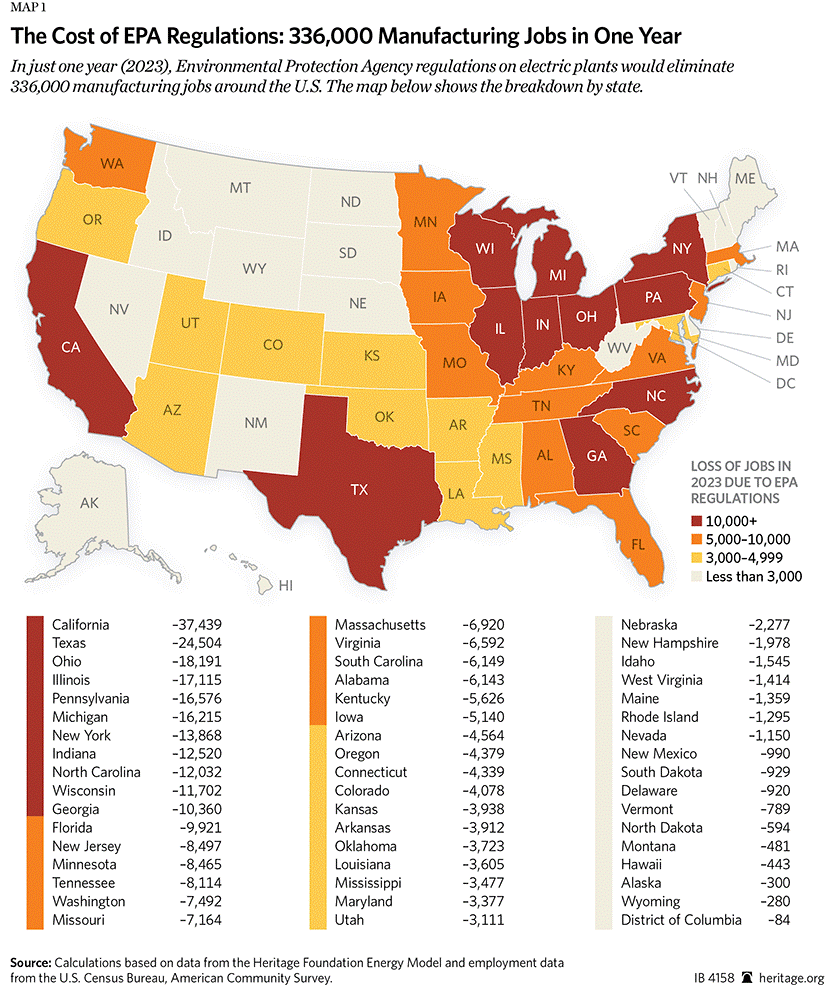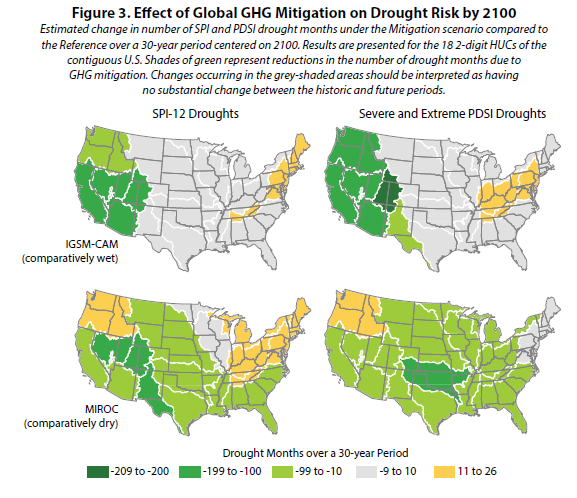With much at stake economically, the Obama administration and its conservative and industry critics have bombarded the public with a blizzard of dueling data about global warming.
Last fall, for example, White House budget director Shaun Donovan warned in a speech that unabated climate change will have huge budget and economic consequences for the U.S., draining state and federal coffers of hundreds of billions of dollars in the coming years. In advance of President Obama’s speech at the United Nation’s climate summit in New York, Donovan spelled out a daunting fiscal scenario for the country as rising temperatures fostered powerful hurricanes and storms, drought, wildfires and rising sea levels.
Related: How Climate Change Costs Could Soar to the Billions
Earlier that year, the conservative Heritage Foundation, an arch enemy of the Environmental Protection Agency’s proposed rules for reducing carbon emissions by electrical utilities and other coal-fired power sources, unveiled a report with a startling conclusion: EPA’s climate change agenda would cost the U.S. an estimated 600,000 jobs and cost the economy $2.23 trillion by the year 2023.

Now the White House is back with an even gloomier prediction of the damages to the country and its economy that will occur absent a global agreement to slow the rate of growth of greenhouse gas emissions that scientists say are a direct cause of global warming. The new analysis predicts nearly 70,000 premature American deaths every year by the end of the century and economic losses of as much as $180 billion due to drought, water shortages, wildfires and major storms.
The report, a five-year analysis that assess the pros and cons of alternative strategies for addressing a rising global temperature, makes the case that virtually every region of the country could still be spared severe economic and environmental chaos and disruption if the U.S. and other industrial countries succeeded in reining in their carbon emissions.
Related: Obama’s Budget Boosts EPA to Fight Climate Change
“Left unchecked, climate change affects our heath, infrastructure and the outdoors we love,” said EPA administrator Gina McCarthy, according to The Washington Post. “But more importantly, the report shows that global action on climate change will save lives.”
In the report, “Climate Change in the United States: Benefits of Global Action,” researchers sought to measure the potential gains for Americans under an emerging global agreement to keep the Earth’s temperatures from rising by more than 3.6 degrees Fahrenheit over historical averages.

Here are eight key findings of the report:
- Climate change poses significant risks to humans and the environment. Mitigation of the rising level of greenhouse gas levels would have a substantial effect on reducing the incidence of extreme temperature and precipitation by the end of the century, as well as the impact on humans and the environment associated with these extreme events.
- Reductions in emissions and rising temperatures could prevent 12,000 deaths associated with extreme temperatures annually in 49 major cities by 2100. That would result in a savings of $200 billion in medical costs and lost productivity.
- The U.S. by the end of the century could incur up to $180 billion worth of economic losses because of dramatic shifts in weather patterns, droughts, floods and other weather crises unless something is done.
- Unchecked climate change could result in the destruction of up to 7.9 million acres of forest at a cost of $940 million to $1.4 billion.
- The country could save $4.2 billion to $7.4 billion of road maintenance and repairs during that same period if carbon emissions were reined in.
- An estimated 720 to 2,200 bridges could be saved from structural damage. That would represent a $1.1 billion to $1.6 billion savings for federal and state governments.
- The mitigation of global emissions would also prevent the loss of 230,000 to 360,000 acres of cold water fish habitat across the country.
- Without a reduction in emissions, there would be an estimated $5 trillion of damages to coastal property from sea level rise and storm surge in the contiguous U.S. through 2100.
The report was conducted by the EPA’s Office of Atmospheric Programs in conjunction with researchers from the Massachusetts Institute of Technology and scientific laboratories operated by the Department of Energy.
Top Reads From The Fiscal Times:





